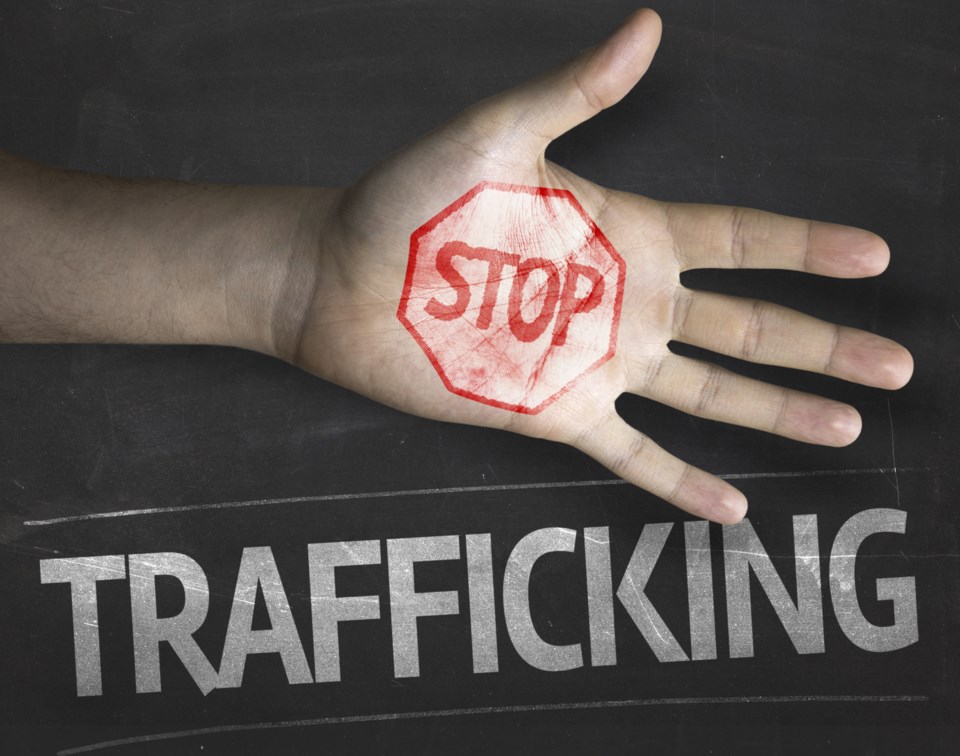Colorado is rated with the upper tier of states in protecting children and young people from sex traffickers, but even at that the grade was only a C, a news release said.
As the only U.S. nonprofit organization working in every state to advance legislative protections for sex trafficking survivors, Shared Hope International's 2023 report cards for all 50 states and Washington, D.C., gave the majority of states – 32 – a grade of F, while Tennessee (A), Florida (B), Minnesota (C), California (C), and Washington (C) ranked as the top five grade earners. Colorado’s report card and related resources are here.
The report cards are used to press for a national standard of victim-centered justice. Through the Report Cards, Shared Hope is pushing states to ensure all children have access to protective care and services that help survivors heal and rebuild their lives.
“We applaud the progress that states have made in recent years,” said former U.S. congresswoman and Shared Hope Founder and President Linda Smith. “At the same time, many states continue to struggle in their legislative efforts. This creates a wild patchwork of statutes across the country, with the number and quality of legal protections and responses literally all over the map. Regardless of state of residence, no minor should be punished for their own trafficking victimization. Instead, these minors deserve critical services and care.”
Shared Hope’s Report Card Toolkit for Colorado also provides these highlights of its grades and legislative activities related to child and youth sex trafficking:
- Between 2021 and 2023, the state raised its score by 8.5 points.
- Currently ranked 7th in the nation.
- One of 10 states to raise their letter grade this year.
- One of six states that provides for an alternative, specialized child welfare investigation into non-familial cases of child sex trafficking.
- While not trafficking specific, House Bill 23-1249 developed a mechanism for connecting children and families, including those impacted by child sex trafficking, to a collaborative and integrated multi-agency service response.
- Extended foster care services are available to youth under 23 years of age, providing an inherently vulnerable group of young people access to services and care that may mitigate risk factors to harm, including exploitation.
- Status of the state’s Safe Harbor laws: State law protects some, but not all minors, from being criminalized for prostitution offenses. Minors who are not identified as child sex trafficking victims may still be subjected to arrest and prosecution for their own victimization.
The report cards are the result of a comprehensive analysis and assessment of all legal responses to child and youth sex trafficking in each state. While Shared Hope recognizes a range of policy, practice, and cultural responses to sex trafficking victims in each state, the report cards evaluate only statutes and use 40 policy goals in six issue areas in its grading system. States are assigned up to 2.5 points for each policy goal for a possible total score of 100 (with a possibility of up to 10 extra credit points) and then assigned a letter grade – A, B, C, D, or F – based on their score.
The Report Cards are part of a larger toolkit that Shared Hope has produced for each state, which includes a State Analysis Report specific to each state’s statutes on child and youth sex trafficking. Shared Hope has produced the Report Cards and state analyses annually since 2011 as a tool to assist public policy activists and state elected officials in developing and advocating for better laws to support sex trafficking survivors.
“As states make significant legislative reforms to move away from criminalizing survivors, access to appropriate services is critical to successful implementation of safe harbor laws,” said Christine Raino, Senior Director of Public Policy at Shared Hope. “This necessary and encouraging shift is demonstrated by this year's top-scoring states, which have all appropriated substantial state funds towards specialized services for trafficked children and youth.”
The national average of numerical scores on the 40 policy goals is 57.9 for 2023. The average has risen from 51.2 in 2022 and 47.9 in 2021, the year that Shared Hope strengthened its grading criteria to shift the focus from criminal laws to victim-centered responses and services. Prior to that, Shared Hope had issued its annual Report Cards for ten years under a different evaluation framework emphasizing criminal law responses.


